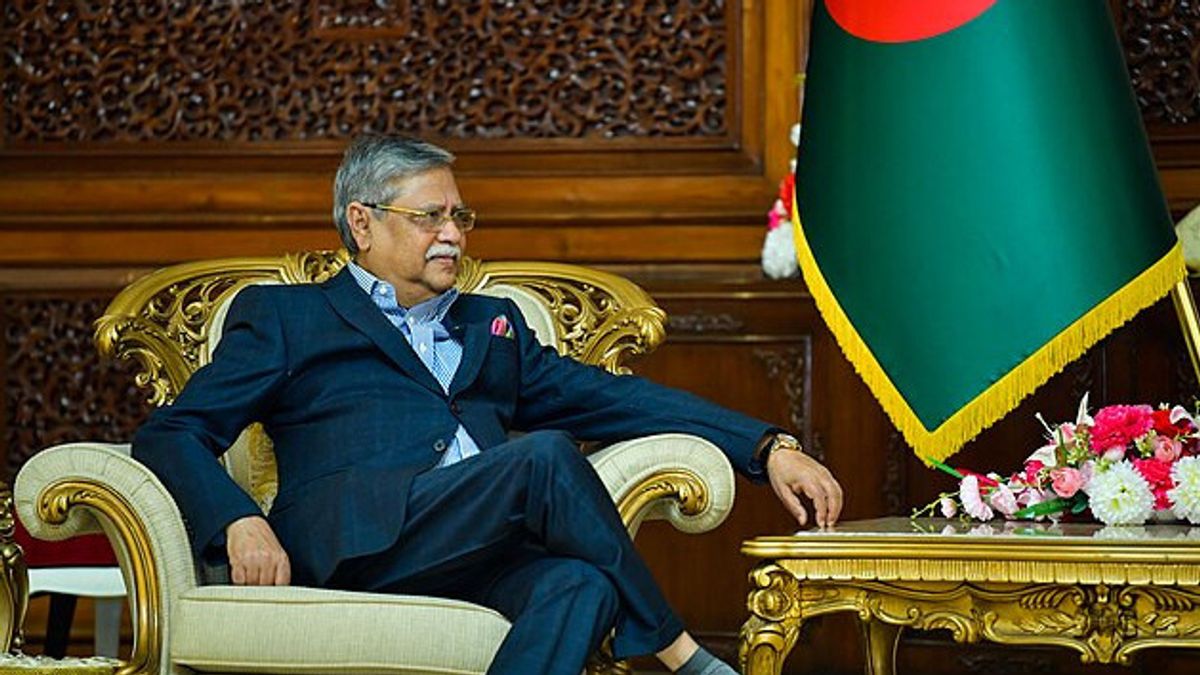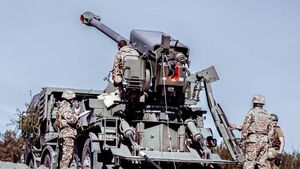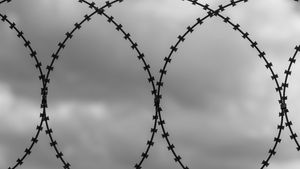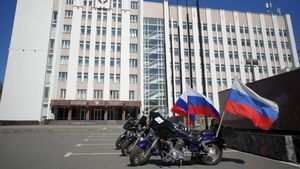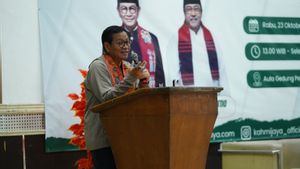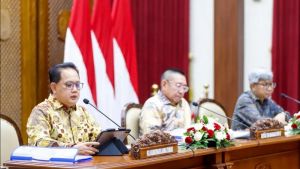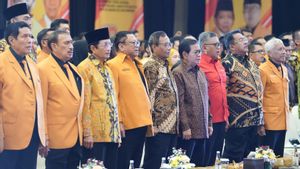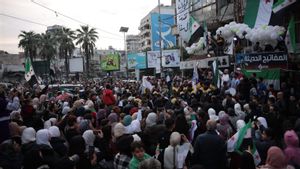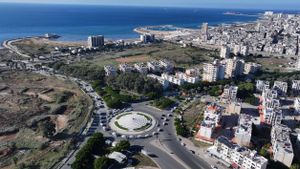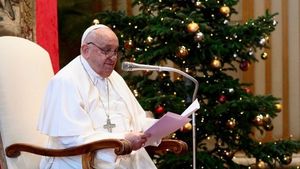JAKARTA - Bangladesh's president has dissolved parliament. This paved the way for the interim government and a new general election the day after Prime Minister Sheikh Hasina stepped down following riots of anti-Hasina mass.
As reported by Reuters, President Mohammed Shahabuddin's office also announced that opposition leader of the Bangladesh Nationalist Party, Begum Khaleda Zia, a former prime minister who had been at odds with Hasina for decades, had been released from house arrest.
Student protesters threatened to carry out more major demonstrations if parliament was not dissolved.
The movement that toppled Hasina emerged from demonstrations against the public sector's job quota for a family of veterans of the Bangladeshi independence war in 1971, which critics see as a way to provide jobs for ruling party allies.
About 300 people were killed and thousands more injured in the violence that has plagued the country since July.
After demonstrators stormed and looted the prime minister's luxury residence on Monday, the streets in the capital Dhaka calmed down again on Tuesday, August 6, with traffic quieter than usual and many schools and businesses closed during the riots still closed.
The garment factories, which supply clothing to several well-known world brands and are the mainstay of the economy, will reopen on Wednesday, August 7, after being closed due to the disruption, the main garment manufacturer association said.
The decision to dissolve parliament was taken after a meeting with armed forces commanders, leaders of political parties, student leaders and representatives of civil society, a presidential statement said.
SEE ALSO:
Negotiations over the formation of a temporary government continue until Tuesday, a student leader and government official told Reuters.
President Shahabuddin previously said the interim government would hold elections as soon as they took power.
Islam, the main driver of the campaign against Hasina, said in a video message: "Any government other than what we recommend will not be accepted."
Hasina's resignation ended her second 15-year term in the country of 170 million, which she has led for the past 20 of the last 30 years as leader of a political movement inherited from her father, founder of Mujibur Rahman, after her father served as president. killed in 1975.
Since the early 1990s Hasina has clashed and changed power with her rival Zia, who inherited her political movement from her husband Ziaur Rahman, a ruler who was killed in 1981.
The English, Chinese, Japanese, Arabic, and French versions are automatically generated by the AI. So there may still be inaccuracies in translating, please always see Indonesian as our main language. (system supported by DigitalSiber.id)
